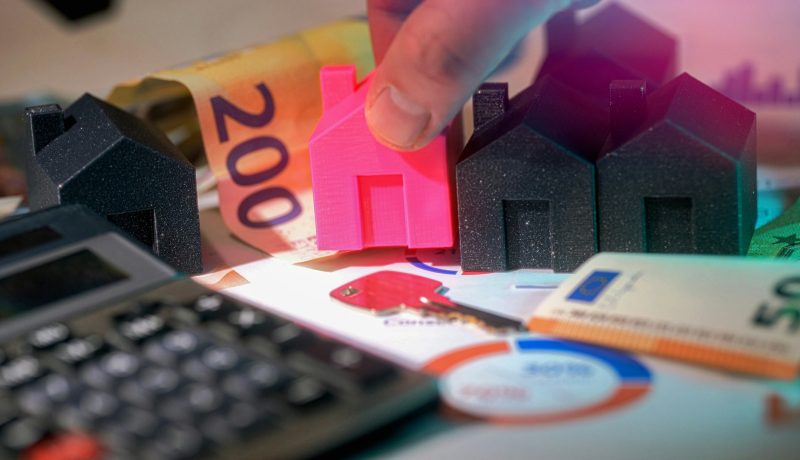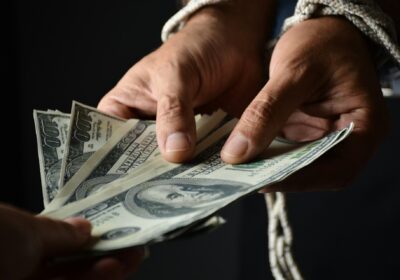
How can you recognize a financial scam?
Recognizing a financial scam is an essential skill in protecting yourself from fraud. Scammers are becoming more sophisticated, but there are clear warning signs you can look for. Here’s how to spot them 👇
🔍 1. Too Good to Be True Offers
- Promises of guaranteed high returns with little or no risk.
Example: “Earn 20% profit every week — risk-free!”
- Unrealistic claims or “exclusive” opportunities that demand fast action.
⚠️ 2. Pressure to Act Quickly
- Scammers create urgency to stop you from thinking or verifying details.
Phrases like “limited time only,” “you’ll lose your spot,” or “act now” are red flags.
💬 3. Unsolicited Contacts
- Unexpected emails, phone calls, texts, or social media messages offering investment opportunities or asking for personal details.
- Always verify the source independently before responding.
💰 4. Requests for Upfront Payments or Fees
- Legitimate investments or financial institutions don’t ask for money upfront for processing, taxes, or “unlocking” funds.
Scams often involve paying first to “receive” a prize or loan.
🔒 5. Unusual Payment Methods
- Requests to pay via cryptocurrency, gift cards, or wire transfers are a huge red flag — these are hard to trace and recover.
- Real companies rarely use these methods.
🧾 6. Lack of Transparency or Documentation
- Scammers avoid sharing details about the business, address, or registration.
- Websites may look professional but have fake reviews, no contact info, or vague terms.
🕵️ 7. Impersonation of Trusted Entities
- Fraudsters may pose as banks, government agencies, or well-known companies.
- Always check official websites or call the organization directly — using a verified number, not one provided in the message.
📧 8. Spelling Errors or Suspicious Links
- Poor grammar, weird email addresses (like support@paypalll.com), or strange URLs are common scam markers.
- Hover over links before clicking — they may lead to phishing sites.
🧠 9. Emotional Manipulation
- Scammers use fear, greed, love, or sympathy to cloud your judgment.
Romance scams, fake charities, or “urgent family emergencies” often rely on this tactic.
🛡️ 10. Verify Before You Trust
- Research the company name + “scam” or “review” online.
- Check with regulators like:
- FCA (UK)
- SEC (US)
- ASIC (Australia)
- RBI / SEBI (India)






No Comment! Be the first one.